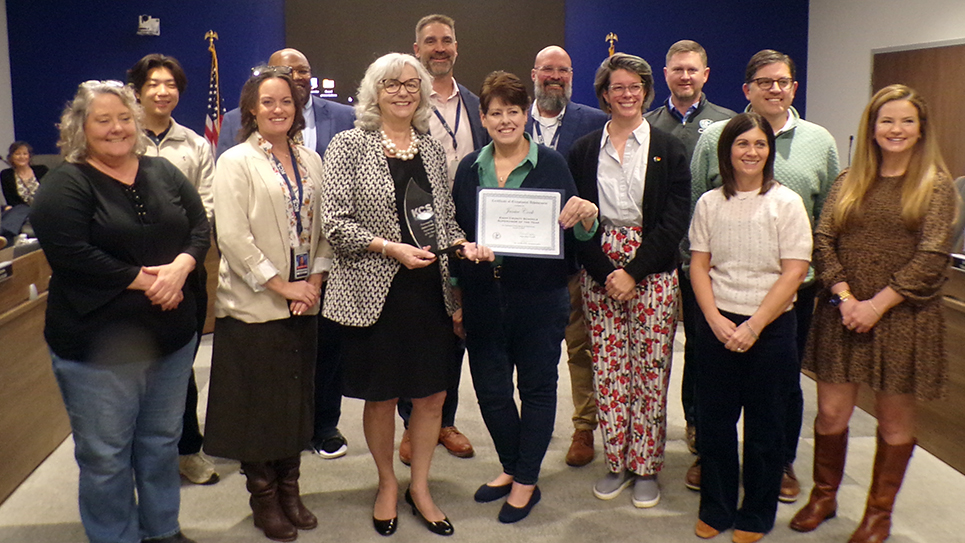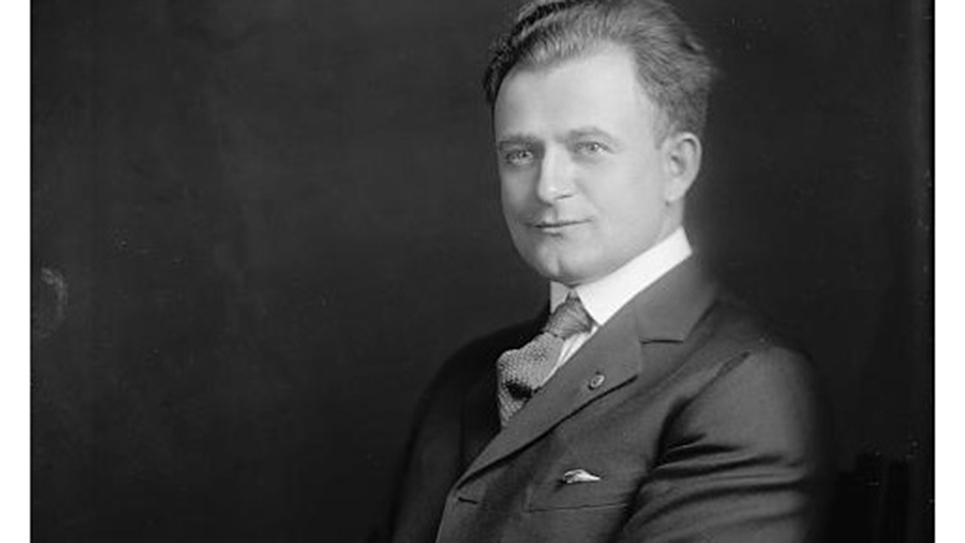As I look up at the cloudy February skies and watch the cold drizzle fall, I begin to long for spring. In fact, about the only good thing I can say about February is that it’s short. Perhaps a sign of aging is that you long for southern regions in the depth of winter. Thank heavens that Punxsutawney Phil didn’t see his shadow on the 2nd and that spring will come early this year.
A recent cover of the Smithsonian magazine caught my eye. A toddler was depicted with Devilish horns and a pitchfork. The cover story was, “Born to Be Bad? The New Science of Morality.”
I’m not a pediatrician, though I made honors in my pediatric rotation in medical school. (This sounds like the guy who implies he’s an expert because he stayed in a Holiday Inn Express!) I may not be an expert on toddlers, but I am a scientist and I have a good working knowledge of the philosophical concept of morality. I can’t recommend the Smithsonian article, but it raised an important point: are humans more nature or nurture? In other words, do we act justly because our parents teach us right from wrong? Or, do we comport ourselves because of an evolutionary drive for survival and successful life?
Becky and I tried to do everything right as we raised our girls. We wanted to mold them into successful and happy human beings. Did our efforts and guidance make a difference? Yes, I think our attention and especially our love made a difference, and they are both happy and successful. However, the nature of our two girls is different and perhaps this was as important as our nurturing. My father used to raise pedigreed bird dogs and I know that you can take a thoroughbred and irrevocably break a it’s spirit. A balance is necessary because, at the other extreme, being too lenient promotes dependency and entitlement.
The researchers in the Smithsonian article believe they have observed signs of innate altruism in the toddlers they’ve studied. Altruism is a concept that Webster defines as the unselfish regard or devotion to the welfare of others. Those of us who have been parents (or grandparents) might find the conclusion of this research puzzling because we’ve observed the self-absorbed behavior of an infant, a child, and a teenager.
A friend of mine who has multigenerational experience with kids has long maintained that babies must be selfish for survival. Some experts have even argued that all our actions are driven by evolutionary survival instincts. I think this is rubbish. The Army Sergeant recently awarded the Medal of Honor didn’t risk his life so his comrades might live and procreate to further their lineage. Furthermore, a mother and a father must exercise agape or sacrificial love to foster the life and healthy development of their child.
Socrates, and later Cicero, defined what would become known as the cardinal (hinge) virtues or right attitudes. These are common sense, courage, justice, and moderation. Even the more modern philosophers like Jean-Jacques Rousseau, who thought that human’s were born as a “blank slate,” or Thomas Hobbes, who maintained that life was “short and brutish,” would have welcomed a society built on these virtuous precepts. However, I believe that the cardinal virtues are not enough and must be refined by a higher standard.
The Apostle Paul wrote a letter to the Corinthians, a people known in the ancient world for their libertine debauchery. Paul’s theological virtues of faith, hope and charity or love (1 Corinthians 13) are necessary modifiers of the cardinal virtues. This is not just arcane philosophy, folks, because Paul said that “the greatest of these is love.” If your child feels love from his god-like parents and thereby learns those rhythms of Grace, he will mature successfully. Scientists have shown that children who are not loved or held often develop broken spirits, who, like the thoroughbred, may never heal.
The scientist in me can’t help but observe my grandson grow and interact with his family and environment. I see nature at work in his genetic memory of suckling and his ability to cry out in need. I’ve observed Oakley push away a spoonful of Gerber’s peas and happily accept sweet potatoes and peaches. No one taught him these responses or preferences. However, his recognition of me and his smile when he sees his granddad “JD” attests to nurture and his ability to feel and respond to love.
In final analysis, it’s not about nature or nurture in children; it’s both. Ancient Chinese philosophy describes a necessary balance of the complementary forces of yin and yang. This concept is the basis of traditional Chinese medicine that tries to reestablish balance in treating disease. Similarly, when there is a balance of nature and nurture, a human becomes more than the sum of the individual parts.
The real question is one of causality (the cause of things), a concept argued by Aristotle. As a theist, a scientist and an amateur philosopher (lover of wisdom), I see a Primal force at work in the genesis of everything. This force is the Creator, the cause of the massive infusion of energy that we now recognize as the Big Bang. But there is more. This Creator is still at work because He is also our Father who teaches us the most fundamental lesson of life and parenthood – unconditional love.






